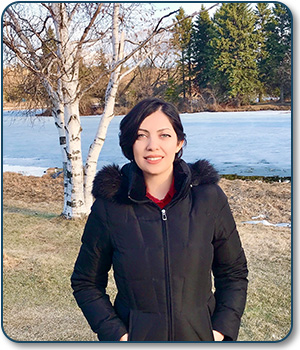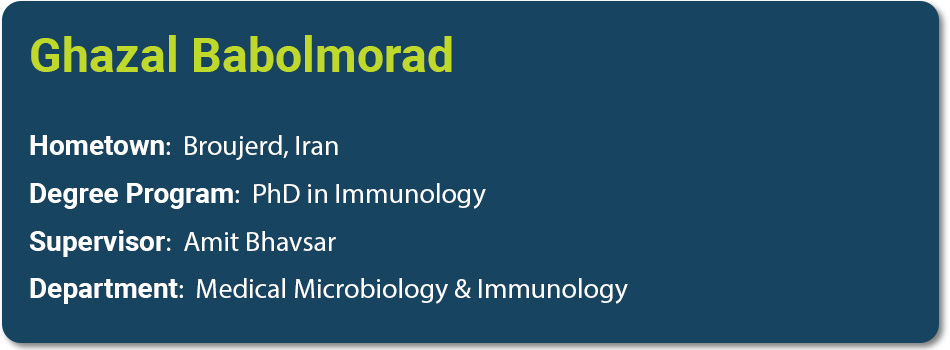2022 Research Impact Award


Publication title: Toll-like receptor 4 is activated by platinum and contributes to cisplatin-induced ototoxicity
How would you describe your research project to someone without a scientific background?
Cisplatin is a highly effective chemotherapeutic treatment for a variety of solid tumors, but its use is limited by the development of drug-induced hearing loss. The hearing loss can have significant life-long consequences, particularly in children, by impairing speech, language, and social-emotional development, as well as increasing the risk of learning difficulties. When children exhibit hearing loss, the dose of cisplatin is reduced which decreases the anti-cancer efficacy of cisplatin. The main goal of this study was to gain a better understanding of the mechanism of cisplatin-induced hearing loss that could provide valuable information to improve the safety of cisplatin therapy during the treatment of childhood cancer.
What impact did your publication have within the field or otherwise?
Ototoxicity (hearing loss) is a devastating side-effect of cisplatin, an otherwise invaluable chemotherapeutic tool in childhood cancer therapy. This side effect could have life-long consequences for treated children that affect the quality of their life.
The initial steps of cisplatin-mediated toxic and inflammatory responses that lead to hearing loss had been unknown. This work provided valuable information about the mechanism of cisplatin-mediated ototoxicity (hearing loss). In this study, we identified the immune receptor, TLR4, for platinum and cisplatin, a platinum-based compound. Genetic and small molecule inhibition of TLR4 identifies this receptor as a drugable therapeutic target with the promise to curtail cisplatin-induced hearing loss.
The expected outcomes of this project were: identifying a new pathway that contributes to the development of cisplatin-induced ototoxicity, and validating it as a target for developing otoprotectant therapies. Such otoprotectants would specifically prevent cisplatin-induced hearing loss while preserving cisplatin anti-cancer effectiveness.
This study contributed to the improvement of children’s health in the immediate response to cisplatin therapy and also reduced the severity of longer-term adverse health and psychosocial outcomes. By optimizing chemotherapy treatments, we can decrease the pain of children who suffer from cancer, and increase their chances of normal life in comparison to their siblings and friends.
Briefly describe your role with the publication (in non-scientific terms).
I was the first author of the paper and had a significant contribution in designing experiments, analyzing and interpreting data (more than 50%). I conducted experiments in an inner ear hair cell line that physiologically resembled the cells affected by cisplatin in children.
Post publication, how will the research be continued, and will you have a continued role?
In this research, we validated the TLR4 receptor as a therapeutic target for cisplatin-induced toxicity. In addition, our results showed that a small molecule inhibition of this receptor can decrease cisplatin-induced inflammatory responses. These results allow the development of inhibitors to prevent cisplatin-induced toxicity without interfering with the function of TLR4 in bacteria.
For the next steps, our collaborator, Dr. Fred West designed some chemical inhibitors to specifically inhibit cisplatin signaling. I will be screening the synthesized compounds to find cisplatin-specific inhibitors and understanding the mechanism of their action.
What is your favorite distraction or hobby?
I have a 10-month old baby girl. We both love to go outside for walks. It seems something magical happens when we go outside. The rhythm of our movements, fresh air, flowers, chirping of birds, and barking of dogs; they all make us more happy. “Getting outside is good for your soul.”
What advice would you give your younger self?
We all come to a point in our lives when we ask ourselves, “Have we made the right choices?” Life is short; like a breeze. So, we should live our lives in the moment. I would tell my younger self to smile more, spend more time and money for fun, invest more in myself, take more risks without being stupid, travel more to visit new places, and finally, walk away from negative people.